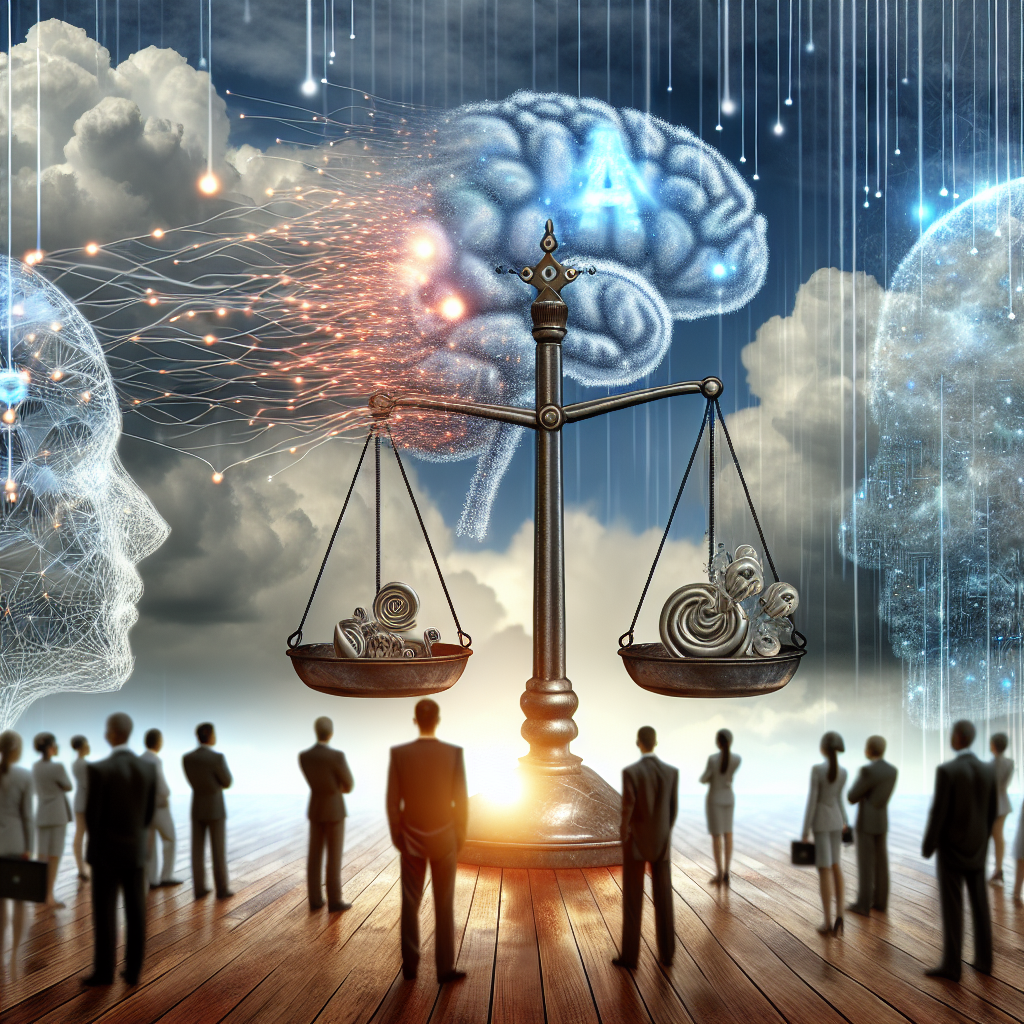AI and Ethics: Answering Common Questions
Hey there! If you’re curious about the intersection of Artificial Intelligence (AI) and ethics, you’ve come to the right place. Let’s dive into some of the most common questions people have about this fascinating and complex topic.
1. Why is ethics important in AI?
Great question! Ethics is crucial in AI because these technologies are rapidly becoming integral parts of our daily lives. AI systems determine who receives loans, how healthcare is provided, and even how justice is administered.
- Fairness: Ensuring AI decisions don’t unfairly favor or disadvantage any group.
- Transparency: Helping people understand how AI makes decisions.
- Privacy: Safeguarding personal data used by AI systems.
2. Can AI be biased?
Yes, AI can indeed be biased. This often happens because AI systems learn from historical data, which may carry existing biases. If not checked, these biases can reinforce negative stereotypes or unfair treatment.
For example: An AI used in hiring might favor candidates of a certain gender if historical data shows a bias towards hiring that gender.
To combat this, it’s important to use diverse data and regularly audit AI systems for biased outcomes.
3. How can we ensure AI respects human rights?
Ensuring AI respects human rights involves several strategies:
- Robust guidelines and regulations: Governments and organizations need clear rules governing AI use.
- Ethical design: Developers should incorporate ethical guidelines right from the design phase.
- Ongoing monitoring: Continuously reviewing the impact of AI systems to prevent any rights violations.
By keeping these practices in mind, we can help ensure AI works for the benefit of everyone.
4. What are some ethical frameworks for AI?
Several ethical frameworks guide the development and deployment of AI. Here are a few:
- The IEEE Global Initiative on Ethics of Autonomous and Intelligent Systems: Offers detailed guidelines on ethical AI development.
- Asilomar AI Principles: A set of principles for the safe and beneficial deployment of AI technologies.
- EU’s Guidelines on Trustworthy AI: Centered around ensuring AI that is lawful, ethical, and robust.
5. How can individuals contribute to ethical AI?
There’s a lot that individuals can do! Here are some ideas:
- Stay informed: Keep up with the latest news on AI and ethics.
- Advocate: Encourage companies and policymakers to prioritize ethical AI practices.
- Engage in discussions: Participate in or initiate conversations about AI ethics in your community.
- Educate: Teach others about the importance of ethics in AI.
By actively engaging in these actions, you can help steer the future of AI toward a more ethical path.
Wrap-Up
We hope these answers have shed some light on the critical and evolving topic of AI and ethics. Remember, the goal is to develop AI technologies that enhance our lives while respecting our values and rights.
Got more questions? Feel free to ask! We’re all in this journey of understanding and shaping AI together.
